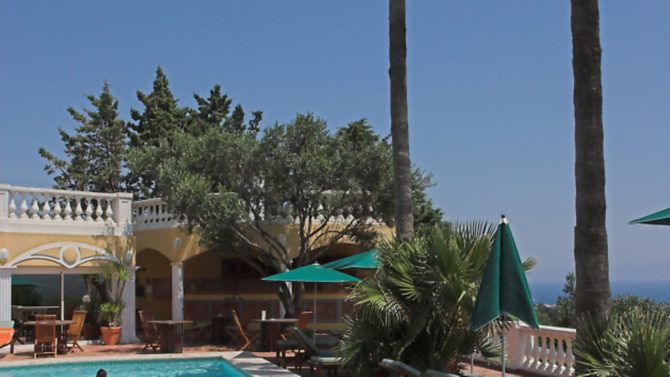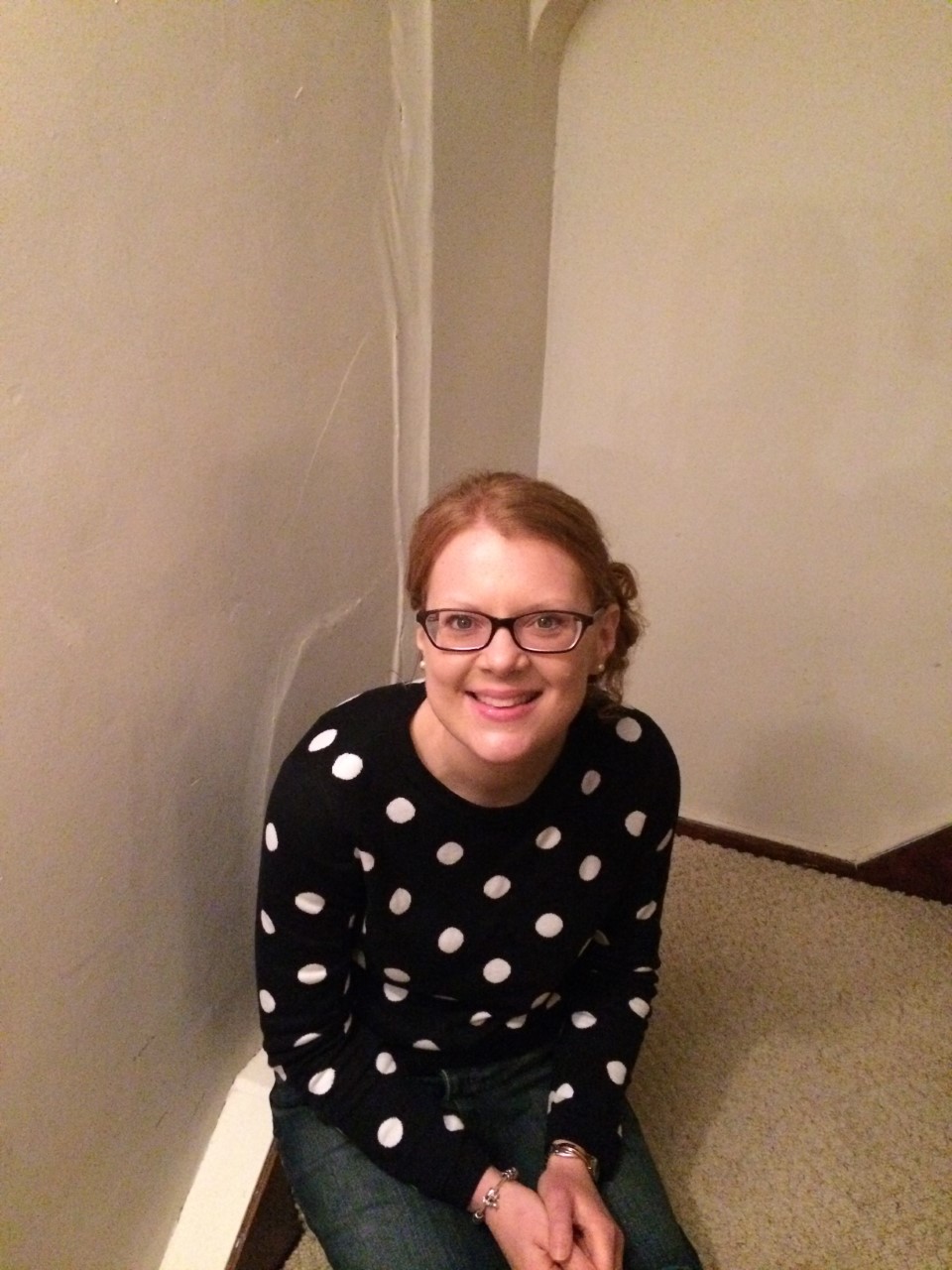Top tips for maintaining your swimming pool in France


If buying a French property has also made you a first-time pool owner, what do you need to know to maintain it properly? Brian McHale explains
Whether you have a salt pool, an infinity pool, an above-ground pool, a fibreglass pool, a plunge pool or even a campsite pool, there is one simple rule that will keep it clean and healthy, and that is a strict and regular cleaning regime. If you left your house totally unattended for three or four months you would not expect to return and find it looking as clean and fresh as when you left, so why would you expect a pool to be any different.
Many people with properties in France let them out as holiday accommodation, and in this situation it is especially important that the water is healthy and of high quality. Not only is it the law but it may impact directly on your rental income. It is not really enough to rely on the changeover lady to give the pool a quick vacuum; you need to be sure your pool is sparkling clean and properly sanitised.
Do not expect to leave a large body of water sitting in one place for a long period of time, unless you want an open invitation to all the local aquatic wildlife to bed down there awaiting your return.
Another key element in keeping your swimming pool clean is to keep the dirt out of it in the first place, so try not to have any loose material such as sand or gravel close by, and keep potted plants well away from the water. Try to site your pool away from trees and shrubs, especially pine trees, and if possible install a poolside shower to rinse dirty feet and suncreamed bodies before entering the pool. Also, keep it covered when not in use.
If you are heating your pool then you shouldn’t make it too warm – anything over 28 degrees celsius will encourage algae growth and can also damage the liner. It will generally make the job of the pool chemicals more difficult too.
It often amazes me as both a pool professional and a parent that time and again I see people arriving in France to uncover a slimy green mess, dash off down to the local bricolage store and purchase an array of chemicals, and then two days later when the water looks vaguely blueish, they chuck the kids in. The same kids that they protectively guard from every possible external influence and illness in the UK.
FILTRATION
The key component in your armoury against an unsafe pool is the filtration system. Consisting of a pump and a filtration unit it must be capable of circulating the entire contents of the pool in a maximum of eight hours. Buying a pump that is not up to the job is very much a false economy and you’ll find yourself fighting an uphill battle from the start.
They say you get what you pay for, and it is worth investing in the best quality pump you can afford as it will make life a lot easier. You wouldn’t buy a Ferrari and then try to run it on diesel, so why not get the best you can from the beginning. Once you have a good system, a regular regime of filtration, backwashing and vacuuming will give you a good head start.
Whatever the size, design or configuration of your swimming pool, there is always a simple system working the filtration. Basically it is water out, water in. A pump extracts the water from the pool, passes it through a filtration system and then returns the water to the pool, leaving some of the dirt in the filter. If you like, it is exactly the same as vacuuming your house on a regular basis.
However, just like vacuuming your house, the dirtier the pool the more quickly the filtration system will get clogged up and, just like your vacuum, the only way to keep it working efficiently is to keep it clean. If you have a sand filter then this will require regular backwashing, and if you have a cartouche system then this needs to be rinsed regularly. Keep the filters clean and you will have a clean pool.
SANITISATION
If you follow the regime above you are well on the way to a healthy swimming pool but, of course, you do need to consider what sanitisation options you will decide to go for. No matter how clean your pool might look it still contains bacteria, algae and all manner of nasty things, and the only way to get rid of them is to use a sanitising agent.
This is very subjective; fans of salt pools will swear by them, chlorine pool owners will deny any ill effects and point to the proven health benefits, and there are constantly new and better low-chemical alternatives coming on to the market, but the system you decide on is very much a personal choice.
Chlorine has been used as a sanitising agent for many years, and remains the most popular method of pool dosing as well as the industry standard. A well dosed chlorine pool will not smell or cause stinging eyes or irritable skin, and the water will be sparkling clean and crystal clear.
Salt-water pool systems are actually chlorine pools. The salt in the water is converted into sodium hypochlorite by electrolysis, which is exactly what liquid chlorine is. The main difference is that the salt in the water makes it feel softer and this is something that many people prefer. The sanitising effect should be just the same as a liquid chlorine pool.
As a result of technological advancements in recent years, there are now systems which can produce clean pool water with negligible amounts of chemicals. Some chlorine will still be needed, but the levels are so low that you will find more in common with your average tap water.
They all work to one degree or another, and the key to success is keeping on top of the maintenance. There are a number of automatic dosing systems on the market now and the prices have dropped dramatically over the past few years.
I would highly recommend buying one of these automatic systems as they take all the guesswork out of the equation and rule out the human element, however well intended. Even if you do decide to buy an automatic dosing system, it is a good idea to invest €50 on a good quality digital strip tester just to keep on top of things. Once you have got a good chemical regime going it is normally fairly easy to keep your pool in balance, but it is still worth testing regularly.
So, in conclusion, the simple fact is you will get back what you put in, so do your research and take some professional advice before you make a decision. And remember, keep that cleaning regime going on a regular basis.
Brian McHale is the owner of Vendée PoolsTel: 0033 (0)6 31 17 25 60
Share to: Facebook Twitter LinkedIn Email


